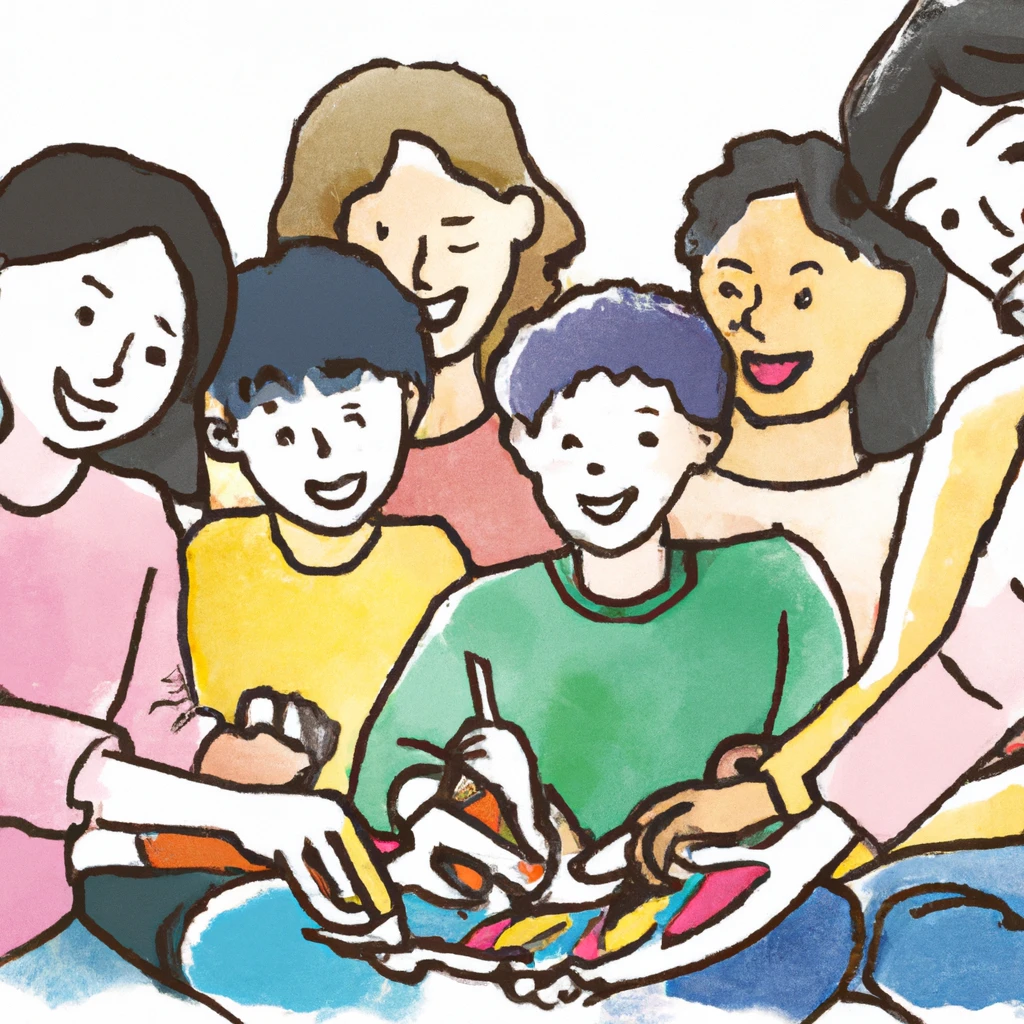Play nice with your siblings
Sometimes being a manager is like being a child in a large family. Fighting for your parents’ attention (leadership), sharing toys (resources), bickering about the next holiday/weekend plans (shared goals), etc. And in every big family, there is something you (should) learn as you grow up: how to play nice with each other.

Let’s take a step back. Management is a multidimensional problem.”What do you mean by that fancy term? Think of it as navigating two primary axes: outward and inward.
Outwardly, you’re a provider. You are building something for someone. Outside of your team, outside of your organization. Understanding their needs, responding to their feedback, and delivering results. There are plenty of books written about that.
Inwardly, it’s about navigating the internal landscape of your organization. Which sometimes, especially in large organizations, can get very complex very quickly. Tangentially, that’s one of the reasons why companies slow down as they get bigger: they focus more on the growing internal complexity than they do on their customers. Internally, we can focus on three dimensions: upward management (read “Managing Up”), downward management (despite the unflattering term, read “Rally The Troops”), and, crucially, lateral coordination with your peers - or as I’d prefer to frame it, your sibling teams.
Let’s focus on the lateral aspect, an often overlooked but immensely important topic. These sibling teams include different departments: Product, R&D, Marketing, Sales. If they’re upstream or downstream of your own team’s user value, they’re the ones I’m talking about. These are the teams you’ll be coordinating with on a regular basis, aligning priorities and plans.
Next to your performance, their opinion of you is the second biggest influence on what your manager thinks of your team.
There are a few things to consider when dealing with your siblings:
- Understand their incentives. What is their goal, their need, their fear? Finding common ground for collaboration can provide insight into their actions and potential synergies.
- Play the long game. It’s not about winning over each other. Teams are, or at least should be, long-term. Relationships take time and effort to build and maintain. And they are easy to destroy. Make decisions that minimize the downside for both parties, and be consistently reliable.
- Don’t be strangers. I’ve often seen teams that barely know what the other teams are doing. Even who is working on what is unclear. Take the initiative to understand their projects and share knowledge. Be social. It can shed some light on their work context and make each other more approachable.
Resources are often scarce and shared across departments. Time in meetings is limited, as is the spotlight. As much as we’d like to think otherwise, there’s an inherent competitive element. But it should be a friendly rivalry, supportive, like in a family. Progress together, understand each other’s goals, and play the long game. Play nice with your siblings. Be there for each other, understand what you want, play the long game.